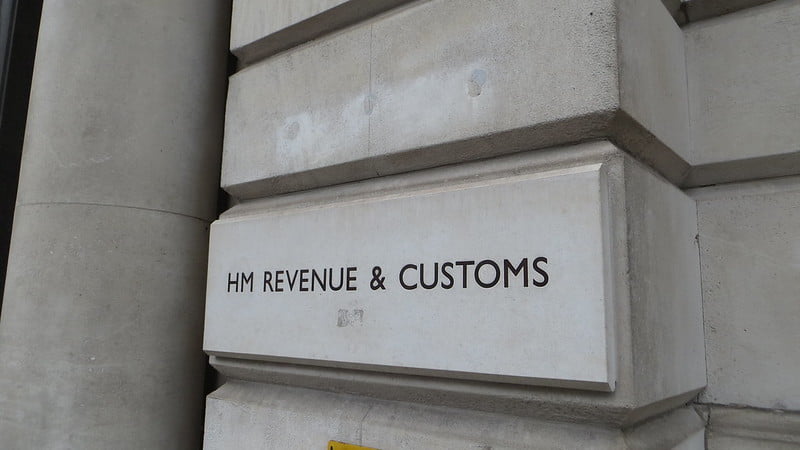UK Government Plans to Bail Out Struggling Startups Affected by Collapse of SVB

The UK government is taking action to prevent the potential collapse of struggling tech startups affected by the collapse of SVB and subsequent order to place its UK subsidiary, Silicon Valley Bank (SVB UK) into a “Bank Insolvency Procedure”. The bank’s US parent company collapsed on Friday, marking the largest failure of a bank since the 2008 financial crisis. Many startups are at risk of going bankrupt, with some actively “running numbers to see if we are technically insolvent” as a result of the bank’s failure, according to The Guardian citing an open letter signed by almost 200 tech executives.
Summary
- The UK government is taking action to prevent the potential collapse of struggling tech startups that were affected by the collapse of Silicon Valley Bank (SVB) and the subsequent order to place its UK subsidiary, SVB UK, into a “Bank Insolvency Procedure”.
- Chancellor Jeremy Hunt, Prime Minister Rishi Sunak, and Bank of England governor Andrew Bailey have met to draw up plans for an emergency cash lifeline for the affected startups.
- The government is treating this issue as a “high priority” and is working on finding a solution that minimizes or avoids completely losses to some of the country’s most promising companies.
The Chancellor, Jeremy Hunt, has met with the Prime Minister, Rishi Sunak, and the Bank of England governor, Andrew Bailey, to draw up plans for an emergency cash lifeline for the affected startups. Hunt has said the issue is a “high priority” for the government and that they are working on finding a solution that minimizes or avoids completely losses to some of the country’s most promising companies.
Emergency cash lifeline for startups
The government has requested that affected startups disclose how much cash they had on deposit at SVB UK, as well as how much they burn through each month and whether they have access to any other bank accounts outside the collapsed lender. While the Chancellor insisted that there was no systemic risk to the UK financial system, he acknowledged the “serious risk to our technology and life sciences sectors, many of whom bank with this bank that most people won’t have heard of.”
Sunak did not rule out an emergency fund being set up to guarantee deposits, stating that “the Treasury is in touch” with affected parties. Tech industry representatives are hoping that the Treasury will consider a rescue package that would involve either reviving SVB UK through a state bailout or private takeover, or offering specialized loans for startups who say they are at risk of going bust if they lose their deposits at the bank.
Government action welcomed by tech firms and lobby groups
Hunt’s pledge to find an emergency cash lifeline was welcomed by tech firms and lobby groups, including the startup industry body Codec, which said it was “an acknowledgment of the scale of the challenge. We will continue to work with them today on a solution and update further in the coming hours.”
Representatives from across the tech and finance industry were summoned for an emergency meeting with Treasury officials, including the City Minister, Andrew Griffith, on Saturday evening. However, some attendees left frustrated, saying the minister seemed more interested in understanding how the industry was coping rather than offering solutions.
How the SVB crisis started.
Silicon Valley Bank (SVB) was founded in 1983 with “a mission to support the innovation economy by providing financial services to technology and life science companies”. The bank quickly became the go-to bank for startups in Silicon Valley and expanded its reach globally, with a UK subsidiary established in 2012.
However, in recent months, SVB’s parent company in the US faced increasing pressure as clients withdrew their funds, and the bank struggled to raise emergency funding to plug a near $2bn (£1.7bn) hole in its finances. On Friday, the bank’s assets were seized by US regulators, marking the largest failure of a bank since the 2008 financial crisis.
The collapse of SVB has raised concerns about the wider tech industry’s reliance on the bank and the possibility of contagion within the wider banking system. Industry leaders, regulators, and investors worry that the collapse of SVB could be the first domino to fall in a series of escalating bank runs.
It remains to be seen whether the government’s emergency cash lifeline will be enough to prevent further damage to the industry, but it is clear that policymakers must act quickly and decisively to restore confidence in the markets and prevent a full-blown financial crisis. If this all sounds eerily familiar that’s because it is.





